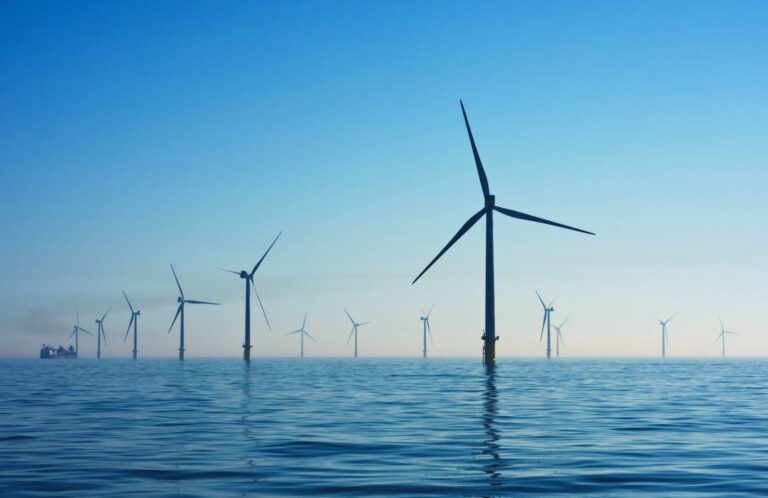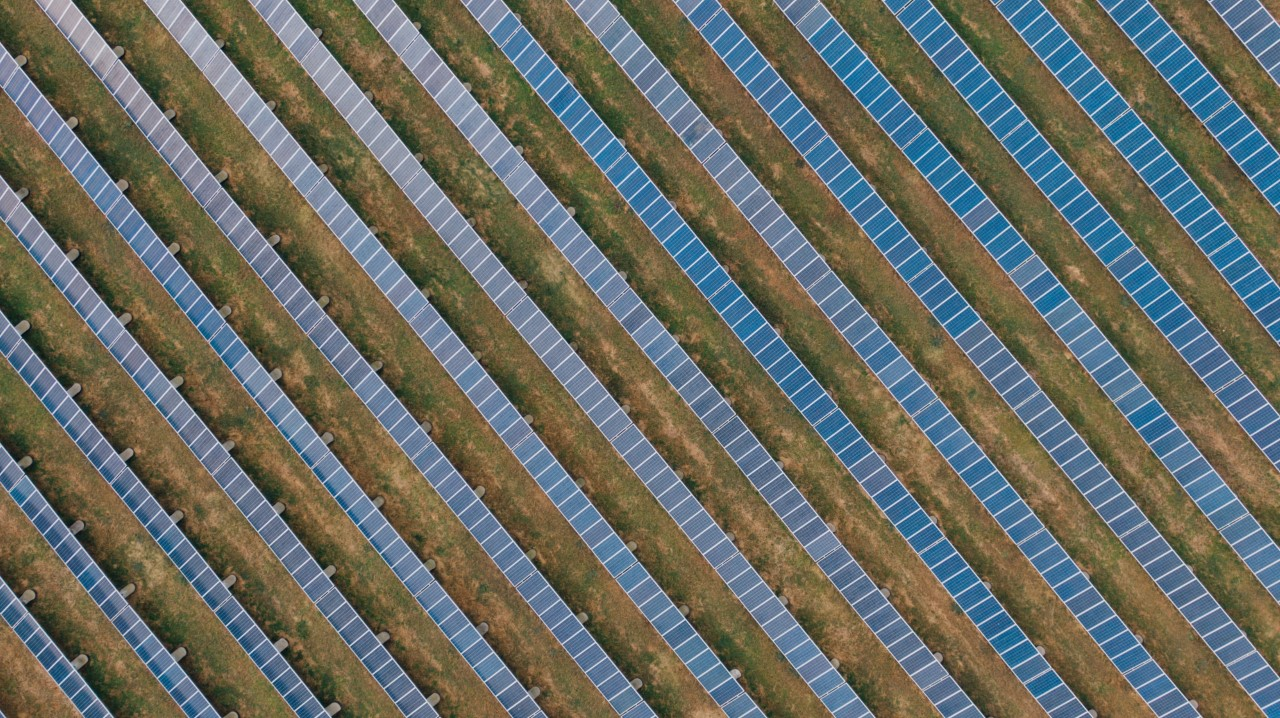By Dan Koltonuk 11/20/2018
When thinking about renewable solutions for powering your house, sustainability advocates like The Energy Co-op suggest wind and solar electricity sources. While it’s simple to switch to clean electricity, if you’re in need of liquid fuel for equipment such as home furnaces, generators, or your automobile, the sustainable options might not be so apparent. And, it’s not so clear-cut as to which fuels are truly a benefit to the environment and public health.
There are renewable or partially-renewable substitutes for traditional petroleum products like gasoline and diesel, though it’s worth nothing that some are met with criticism from environmental and energy experts. Below are a few examples of renewable alternative fuels as well as their pros and cons.
Biodiesel
This renewable fuel has plenty of merits: it’s easily developed from a number of waste products (like recycled restaurant cooking oil), refined and sourced domestically, and functions like its petroleum-based counterpart. When blended with traditional diesel (up to 20% biodiesel), it can stand in as home heating oil, power commercial vehicles, and fuel off-road heavy equipment.
Biodiesel is cleaner than petroleum. When used as a fuel source, it produces fewer harmful emissions (up to 74% fewer) that contribute to climate change and are detrimental to public health. Further, its domestic production creates a benefit for local and national economies. On the flip side, biodiesel is significantly more expensive than petroleum-based diesel and can cause fuel filter problems for vehicles.
Ethanol Fuel
Ethanol, or ethyl alcohol, is another renewable fuel and is commonly produced from plant material, especially corn. Nearly all gasoline sold in the US contains at least a low percentage of ethanol (E10), and high-ethanol blends exist (E85) for vehicles capable of using it. In fact, some vehicles are able to run on 100% ethanol.
The feedback on ethanol has, for years, been mixed. Critics often cite the “food vs. fuel” debate and question the impact of growing food for fuel production when global hunger remains a serious problem. Additionally, growing a grain crop like corn for our ethanol needs requires substantial amounts of water, pesticides, and fuel. On top of it, ethanol produces less energy than gasoline, so more fuel is required to travel the same distance.
However, like biodiesel, corn-based ethanol is cleaner-burning to the tune of a 34% reduction in emissions over gasoline. An ideal solution would involve sustainably-grown feedstock and vehicles with better ethanol fuel efficiency.
Hydrogen
We’re still a long way from hydrogen establishing itself as a staple alternative fuel, however it’s worth discussing. When used in a fuel cell electric vehicle (FCEV), it’s most striking attribute is that it produces zero emissions, thus not contributing to climate change.
However, the production of hydrogen is rarely sustainable and is often obtained with the use of natural gas. The good news is that it can be extracted from water through a process involving electricity. In an ideal arrangement where the electricity is produced by solar and wind generators, hydrogen could be a safe bet as a renewable fuel for the future.





